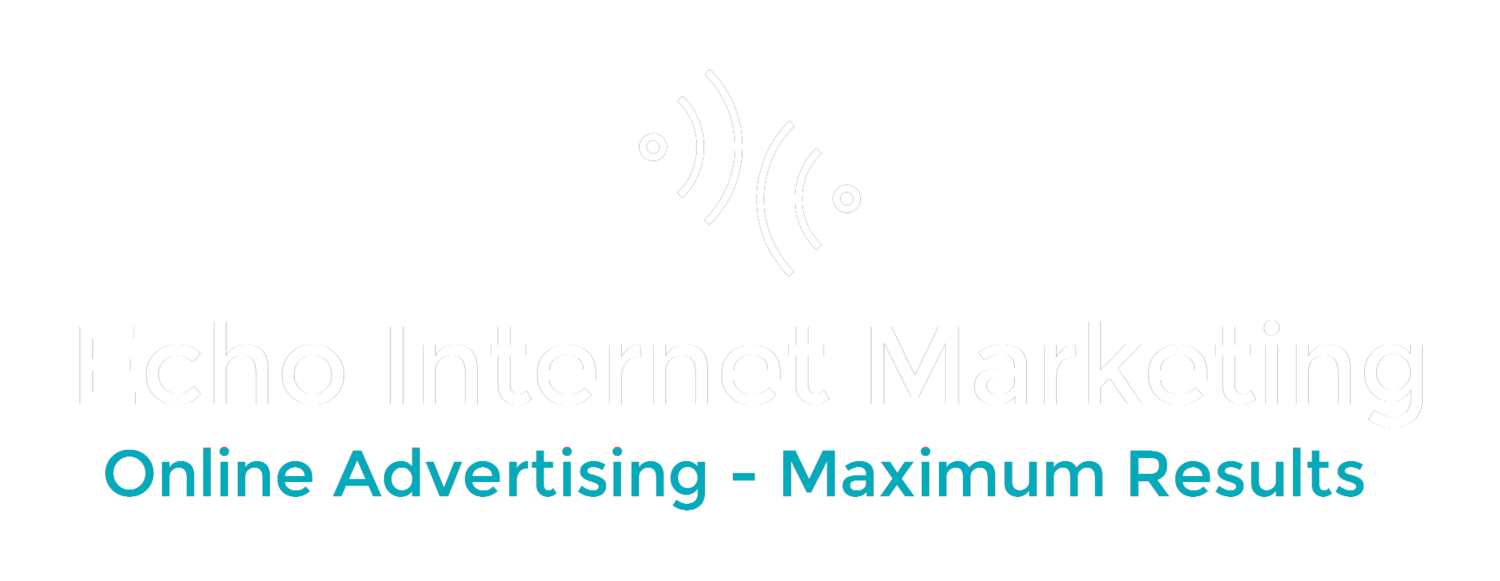With all the buzz surrounding the launch if Google Plus (+1) a great question to ask is: How will this affect my Adwords campaigns? This article will address a couple of things regarding this. (Please note info from the Adwords help file on Google +1 is in italics.)
It has to be admitted with Google being the planet's largest advertiser, with most of its profits coming from advertising and revenues from it in the tens of billions of dollars. So any change is rightly watched closely by tens of thousands of paid search advertisers and the businesses' account they manage (Including us).
You've probably already seen the little +1 button in both paid and organic search queries. The simple idea is that people can click on that button and when people in your Google Plus network do, you either see a number or them. This may add weight to whether you click on the ad, in a similar way that for instance a blog post with a Facebook like button with hundreds of likes may influence a searcher to read that post vs. one without many likes. In a somewhat similar way the +1 button, it "lets users recommend the content they like on the web, helping to improve Google search for their friends and contacts" (Google quote). Here's a picture of what this looks like ( You can see the little +1 icon in both the ads & organic results):
Also according to Google: "When users click the +1 button for a particular webpage, their names and profile pictures will appear as part of personal annotations in their friends and contacts’ search results. Users will see their names and pictures beneath the ads and organic links associated with the webpage."
Of course when reading the above its clear that Google +1 can influence a searcher to click on one ad over another. Depending on how Google +1 does and how many people adopt it, it may affect how your ads do or don't do.
This is all pretty straightforward. But the thing that needs to be understood is what Google next says on the help file page in Adwords:
"Whenever possible, the +1 button is associated with a site’s final landing page. This means a user can recommend a webpage by clicking the +1 button on that page, or the +1 button next to a Google search ad or search result associated with that page. For example, if a user +1's an organic search result with the same final landing page as your ad, the +1 count associated with both the organic search result and the search ad will increase."
This is where it gets a little more interesting, having the Google +1 clicks associated with the final landing page. But not just for organic or just for paid, but for both. So for instance if someone clicks on the plus one button for your paid ad and another clicks on the Google +1 for your organic listing, both clicks count to up your +1 count. Why is this interesting?
There's been alot of debate on whether if you rank well organically for a particular keyword, should you also bid for that keyword in Adwords to show up both in paid and organic for that search. Some people say yes, showing in both places reinforces in the searchers mind you're the site they need to visit. Some say its a waste of time to paid for something you already rank well for organically.
But as for Google +1, if it does indeed take off, having your site show up in both organic and paid and having the paid ad send the user to the same page as the organic page may result in a higher Google +1 count, and maybe more authority and searches to your site.
In addition, we know Google is tracking plus one in Google Analytics and it seems likely they may use how many +1's your pages have to indicate relevancy and maybe even ranking. And when it comes to quality score in Google Adwords we certainly could seem them using how many +1's your ads get as an additional factor in determining quality score.
That's alot of caveats but its something to keep an eye on. Perhaps the final thing that is possibly confusing is this: A searcher types in a search query. They see the search results with the plus one icon. Are they going to click on that icon when their not sure if its the page they're looking for? It would seem like you'd just click on the link to find the page you want and once you're there its unlikely you'll go back to the search page to click on the +1 icon. This means to get those +1 votes, you'd need to have the Google +1 icon on each page of your site like you have the Facebook Like button.
What do you think: Will Google +1 be as big a factor as some think in how your Adwords campaigns perform?

